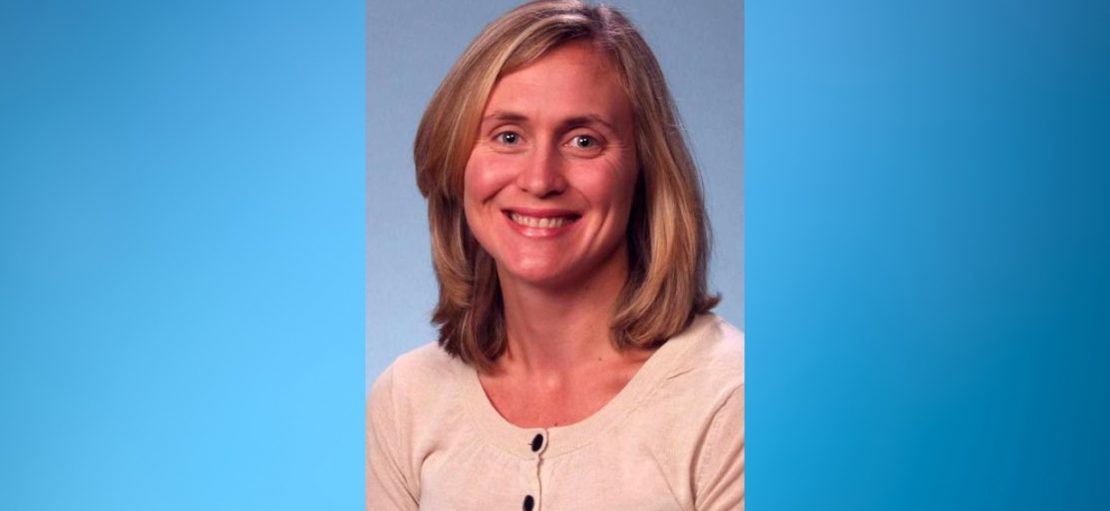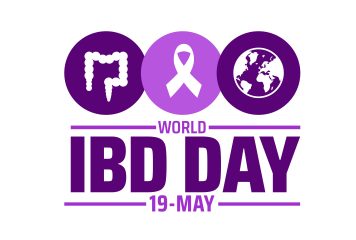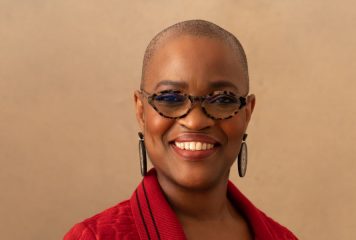Posted by ABIM
Christine Twining, MD, is a board certified endocrinologist and Medical Director at Maine Health Medical Group Endocrinology and Diabetes, a group of thirteen endocrinologists in Scarborough, Maine. She practices general endocrinology with a focus on thyroid disease, metabolic bone disease and transitional care. Additionally, Dr. Twining is an Assistant Professor of Medicine at Tufts School of Medicine and Division Chief of Endocrinology and Diabetes at Maine Medical Center, where she also serves as an advisor to internal medicine-pediatrics residents. She first joined the ABIM Endocrinology, Diabetes & Metabolism Board in 2018, serving two terms before being appointed chair in 2024.
What was your journey to medicine and endocrinology?
I knew that I wanted to go into medicine from a pretty young age. I don’t have any doctors in my family, but it was clear from observing my parents and grandparents that physicians were held in high esteem and that medicine as a profession was trusted. That made an impression on me and influenced me to pursue medicine as a career.
When I applied to medical school, I assumed I would choose OB-GYN because women’s health was an interest of mine, but the surgical aspects of OBGYN were less interesting to me, so I chose Internal Medicine and Pediatrics for residency. Endocrinology is fascinating because of the need to solve puzzles in order to help patients, and I discovered that it was a perfect fit. Many of the conditions we treat are more common in women, so I have been able to focus on women’s health and use my Med-Peds training to care for patients across the age spectrum.
You mentioned how medicine as a profession was trusted—how do you think it is viewed today?
I think generally in today’s world, there seems to be a lot less trust for institutions and expertise, particularly in the U.S. As physicians, we won’t eliminate these sentiments, but we need to be mindful of and focus on what we can control, which is behaving in a way that is professional and ensuring that we remain deserving of trust and respect. This influences how I think about ABIM and our role in certification and MOC. Early in my career before I joined the Subspecialty Board, I considered the board exam to be like any other test you take in school: an opportunity to prove something to yourself and your colleagues. Over the last six years, I’ve come to appreciate that initial certification and MOC are not just necessary hurdles, but part of our obligation to our patients, society and the public. Learning about the complexity and science of assessment has helped me appreciate how much work and expertise goes into the process at the ABIM on behalf of the public. This has been an important shift in my understanding.
How do you think ABIM has changed or evolved since you first joined the Specialty Board?
The most obvious way is the Longitudinal Knowledge Assessment (LKA®)—that was a huge win. There was so much skepticism before it was released, but the diplomates I’ve spoken with have really enjoyed it and find it a good way to keep up with MOC at their own pace. I think the other major area of change has been the way ABIM communicates. We’re having open conversations with diplomates that were not happening as much in the past. There was a wake-up call that ABIM responded to, and over the years I’ve seen it have a positive impact.
Why do you think it’s important to keep up with medical knowledge and demonstrate that through assessment?
I think the most important reason is that demonstrating competence through assessment keeps our patients healthier and leads to better outcomes. There’s been a lot of research about that, showing that patient outcomes in many situations are improved based on the certification status or even the exam score of the provider. That’s a concrete way to demonstrate the importance of the process, but because certification status is accessible to patients, they are empowered to check whether their doctor is certified. That gives them confidence. It can be hard to decide who’s going to be the best fit as your physician. When they can look for a doctor who is board certified, it means they’re in the driver’s seat.
What are your goals as chair? What issues in medicine are top of mind for you?
Ashok Balasubramanyam was very effective at ensuring that everyone’s voice was heard, and he led us through even the most challenging topics with a calm demeanor that encouraged dialogue. I hope to emulate that in terms of style and making sure we hear from all of our members, each of whom has a lot to contribute.
What’s top of mind for me is medical misinformation and the anti-expertise sentiment in society, which are a threat to medicine in general, but may be even heightened in endocrinology because our specialty is complicated. It takes a long time for people to learn how the feedback loops work, how hormones are controlled and what is normal versus not normal. Our specialty is primed for misinformation because of this lack of understanding. There are many ‘common sense’ explanations of endocrine conditions out there that are simply wrong, but that spread quickly in the general public as individuals try to simplify endocrine physiology to appeal to patients. We debunk these myths every day in our clinics, and it can be exhausting. Supporting our diplomates as they combat misinformation and anti-expertise sentiment is really important.
Additionally, there is an ongoing and very important conversation about decreased pass rates in endocrinology in the last few years. We should and will continue to work closely with APDEM, specialty societies and diplomates to understand all the drivers of those changes. I found the Specialty Board’s conversations on the topic so far to be highly collaborative, respectful and nonjudgmental, which is what I think has made it move forward and in the long run will help us understand things better and improve things for everyone.
What do you wish you had known at start of your career—as a student, resident or fellow—and what do you advise young physicians entering the profession now? What is most important for them to know?
What I wish I had known early on is the importance of taking full advantage of your time in training to explore different areas of medicine as much as possible, ask more questions and prioritize making time for life outside of work. Medical training is a long and sometimes grueling process, but it is not a race. Take your time to really understand what makes you tick both at work and outside of work, and keep those priorities central to all of your career and life decisions.
What is most important for diplomates now to know about you and your new role on the Endocrinology Board?
I would really like to hear from diplomates and have people engaged in our discussions. The Specialty Board is open to feedback and suggestions and appreciate hearing from diplomates with diverse perspectives. That’s what moves us forward. I am grateful for the opportunity to serve in this role.



